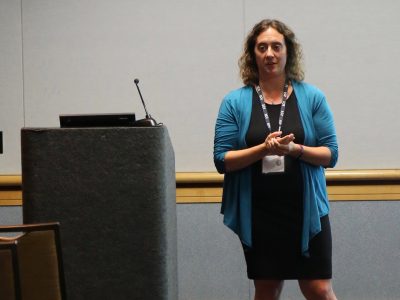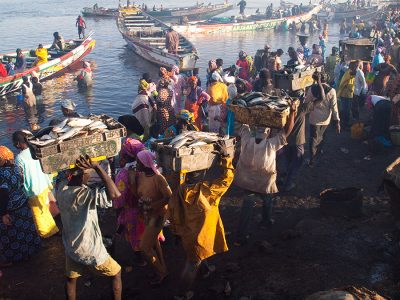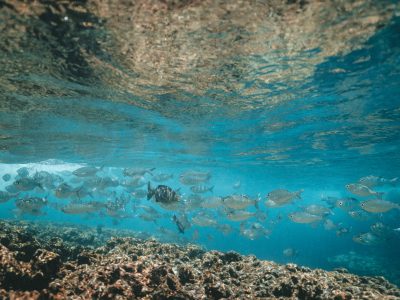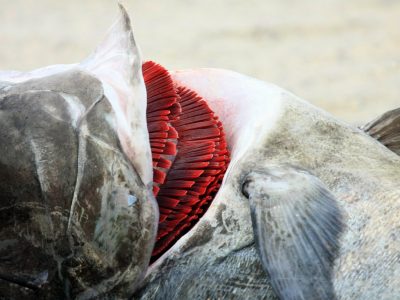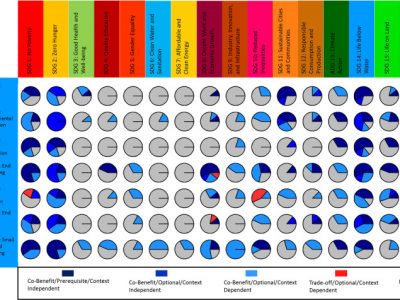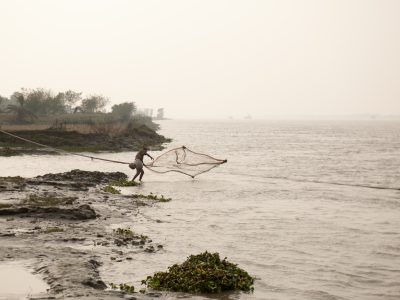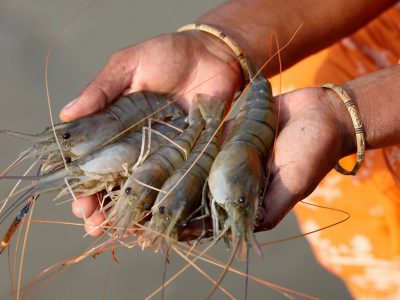Marine Species on the Move: American Fisheries Society Symposium
Nereus Program Fellow Becca Selden (Rutgers University) helped plan and execute a symposium on “Marine Species on the Move” at the American Fisheries Society’s 147th Annual Meeting in Tampa, Florida from August 20 to 24, 2017.



